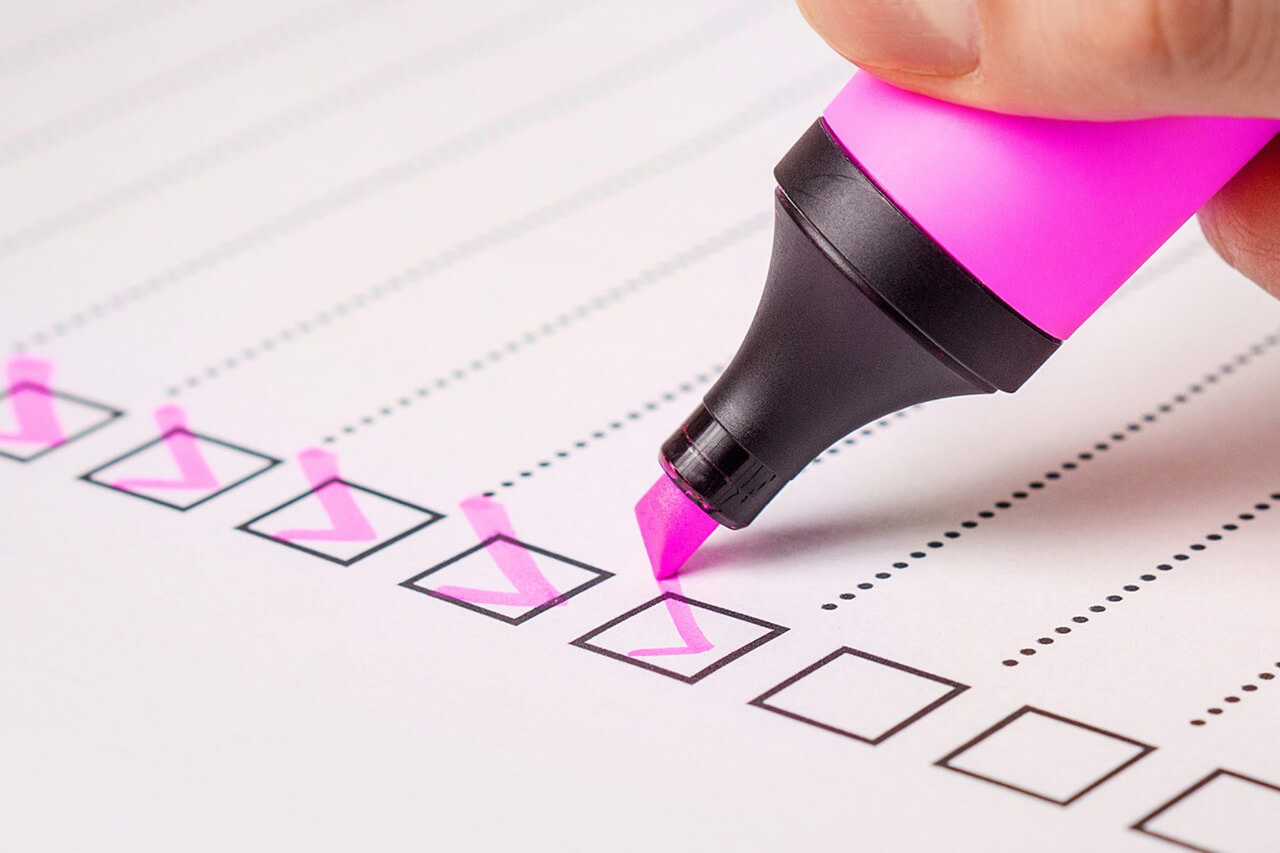By Andreas Hechler (educational expert, Berlin)
Here you will find a list of dos and don’ts when carrying out educational work. This text can help you if you want to find out more about approaches and requirements relating to educational work of a sensitive nature. You will also find here a text which shows you how to integrate the subject of intersex into educational work. Our glossary is a good place to find explanations of the different terms.
| Don’t | Do |
|---|---|
| The subject of intersex is too complicated. | Deal with the subject of intersex proactively. |
| Only mention that there is such a thing as intersex every now and again. | Think about and describe gender diversity in every (educational) situation and allow this to inform the way you act. |
| Intersex does not appear as a topic in curricula, study programmes, educational instruction and training courses. The subject is only covered if there is enough time and if the learners are interested. | The subject is firmly established in educational instruction, curricula and study programmes for people working in social services, education and the legal and medical professions. A wide range of in-depth training courses. |
| Lack of self-reflection and self-orientation. | You reflect on your own position (continually examine your own social position, the way you present yourself and your role as an educator). |
| Inter* people are ill – pathologisation. | Inter* people are the victims of discrimination. Focus discussions on the way society approaches intersex and depathologise. |
| Medicine regarded as the authority on the subject. Using medical models of intersex. | Regard inter* people as experts and take them seriously. Be aware of and use personal testimonies from inter* people and focus on human rights. |
| Conventional male and female bodies are compared and clearly differentiated from each other. | Highlight the many different types of bodies and forms of gender. |
| Only tell stories of suffering and stories of victims. | Stories from a diverse range of empowered (self-empowered), confident inter* people. |
| Main topics: All-gender toilets and identity issues. | Main topics: Discrimination and human rights violations. Take up the demands put forward by various organisations, especially following a ban on irreversible medical interventions which consequently change inborn gender characteristics or a child’s reproductive function. |
| Deconstructing the binary gender system via intersex bodies. | Do not use intersex for your own/other purposes, but focus on the biographies and lives of inter* people. |
| No antidiscrimination representative in the organisation/responsible body/school. | Firmly established antidiscrimination representative with the authority to act in the organisation/responsible body/school. |
| Binary facilities which are used in a restrictive way. | Inclusive facilities (including all-gender toilets) used in creative ways (including individual changing cubicles, specific times for showering for specific groups …). |
| Telling colleagues/students/participants who is intersex. | When inter* children or young people come out, treating it as confidential and working together to decide whether other people should know and how they should find out. Coming out has nothing to do with anyone else but the inter* person! |
| Jokes and comments etc. about requests to change pronouns. | Respect and acceptance for the way people define their own gender, provide opportunities to explore their sense of self (allow space and support to explore non-stereotypical representations of gender). |
| Statements such as: “I didn’t mean it like that,”, “Don’t be silly!”, “Toughen up”, … | Intervening if there is evidence of discrimination (be vigilant, resolute and intervene in a focused way). |
| Dealing with transgender and intersex as if they are one subject. | Regarding transgender and intersex as separate things and handling the subjects in different ways. |
| Illustrating a passage of text about an inter* person with a photograph of a trans* person. | Ensuring that images and text are in alignment. |
| Saying “sexual diversity” … | … when you are actually referring to “gender diversity”. |
| “Intersexuality”. | “Intersex”; “Inter*”. |
| “Ambiguous”. | Do not use this word – every gender is unambiguous! |
| “Between the genders”. | Do not use this statement – “gender” is more than just “man” and “woman”. |
| “Variant”, “special”, “phenomenon”, “quirk of nature”, “disorder”, “developmental disorder”, “anomaly”, “syndrome”, “pseudo-hermaphrodite”, “victim”, “lacking”, “not properly formed”, “wrong”, “normal”, “typical”, “too many”, “too few”, “too big”, “too small”, … | “Intersex”, “inter*”, “inter* person”, “gender self-determination”, “human rights”, “variation”. |
